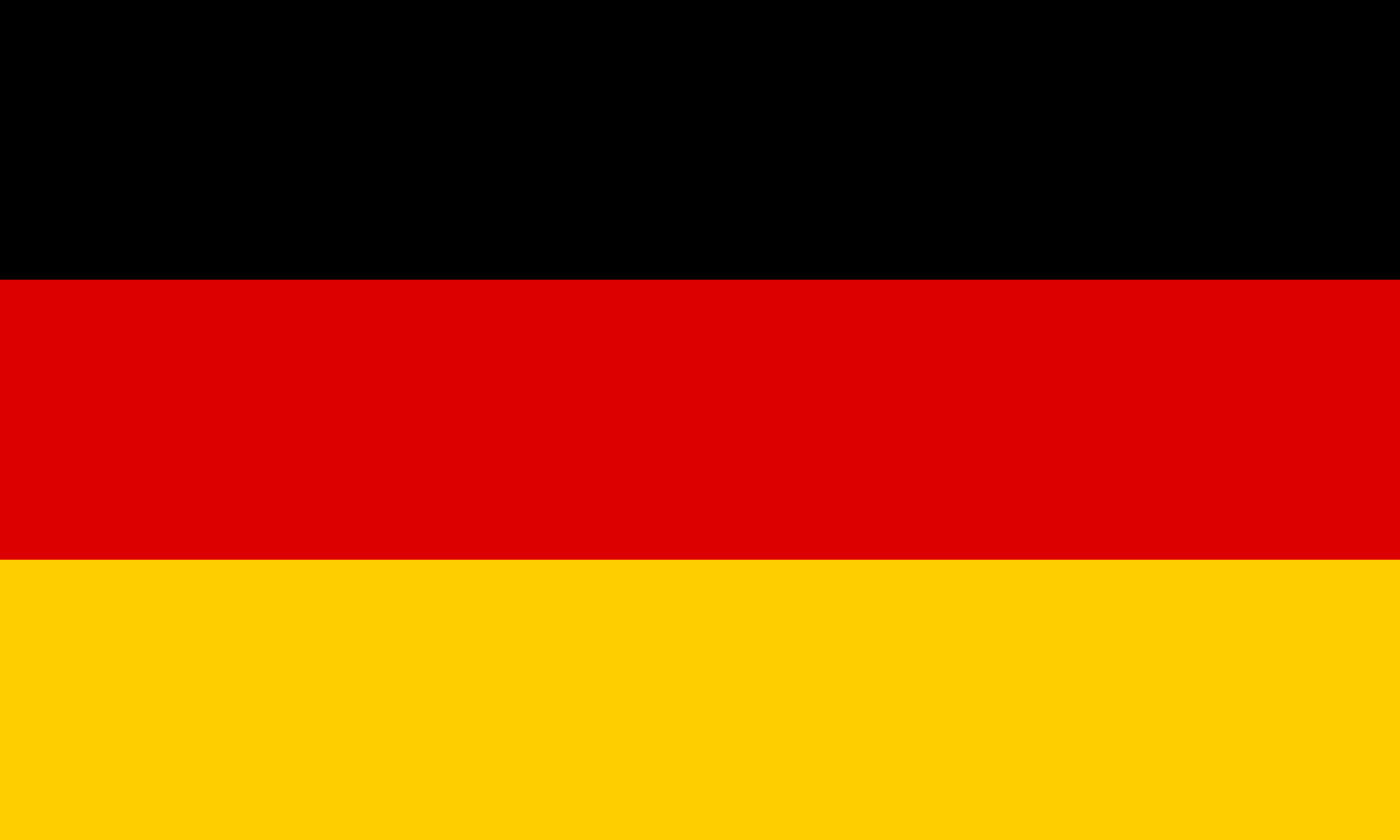
Officially named as the Federal Republic of Germany, Germany is a country located in central Europe, bordered by 9 countries including France, Poland, Austria, and the Netherlands. It is one of the world's leading economic powers and a key member of the European Union. The nation is known for its rich history, diverse culture, advanced technology, and strong industrial base, and it has a varied landscape that includes forests, mountains (like the Bavarian Alps), and rivers such as the Rhine and Danube. Its capital, Berlin, is Germany's largest city in terms of population and area. Once divided during the Cold War into East and West Berlin, it became the unified capital again after the fall of the Berlin Wall in 1989 and German reunification in 1990. It is home to landmarks like the Brandenburg Gate, Reichstag Building and the Berlin Wall Memorial, and is known for its dynamic arts scene, vibrant nightlife, and progressive social atmosphere.
Storms and floods.
Germany is known for its orderliness and strict adherence to rules, which extends to laws that tourists are expected to follow. Breaking certain rules, even unknowingly, can lead to on-the-spot fines or even legal trouble. Driving without a Umweltplakette (Emission Sticker) in restricted zones (low-emission zones) can lead to a €100 fine, taking photos of military or sensitive infrastructure in some areas is prohibited, resulting in a fine or questioning by police, and loud music or parties in residential areas (especially after 10 PM) can lead to fines of €50–€500.
A visa is generally not required for stays of up to 90 days within a 180-day period for tourism, business, or family visits. However, if the stay exceeds 90 days, or if you plan to work or study, a visa or residence permit will be necessary.
In Germany, vehicles drive on the right and overtake on the left. At intersections, yield to traffic coming from the right unless signs say otherwise. Vehicles must have a environmental sticker ('Umweltplakette') to enter low-emission zones ('Umweltzonen'), winter or all-season tires are required in icy or snowy conditions (including snow chains). Failure to do so can carry a €60+ fine. Ensure your GPS does not warn you about speed cameras, or face penalties, and be mindful of cyclists, especially in cities. They may weave through traffic unexpectedly (insights from local riders).
The minimum driving age in Germany is 18, but car rental companies often have a higher minimum age requirement, typically 21, though some may go up to 23 or 25, especially for certain vehicle categories. Drivers under 25 may also incur additional fees.
Super 95 (also known as Super E10) and Super Plus, both unleaded gasoline (benzin), and diesel are common at petrol stations.
Speeds must always be safe for conditions, regardless of posted signs. Also, radar detectors and apps that alert to speed traps are illegal. GPS speed camera warnings must be disabled.
The general limit is 0.05%, while it is 0.00% for drivers under 21 or with less than two years of driving experience.
Seatbelts are mandatory for all occupants.
Children under 12 or under 1.5 m tall must use approved child seats; otherwise, fines/plated penalties may apply.
Check out more of our Country Guides: